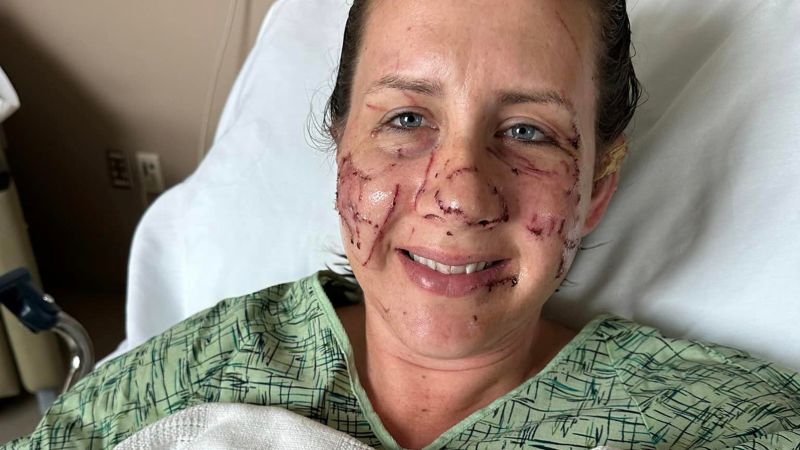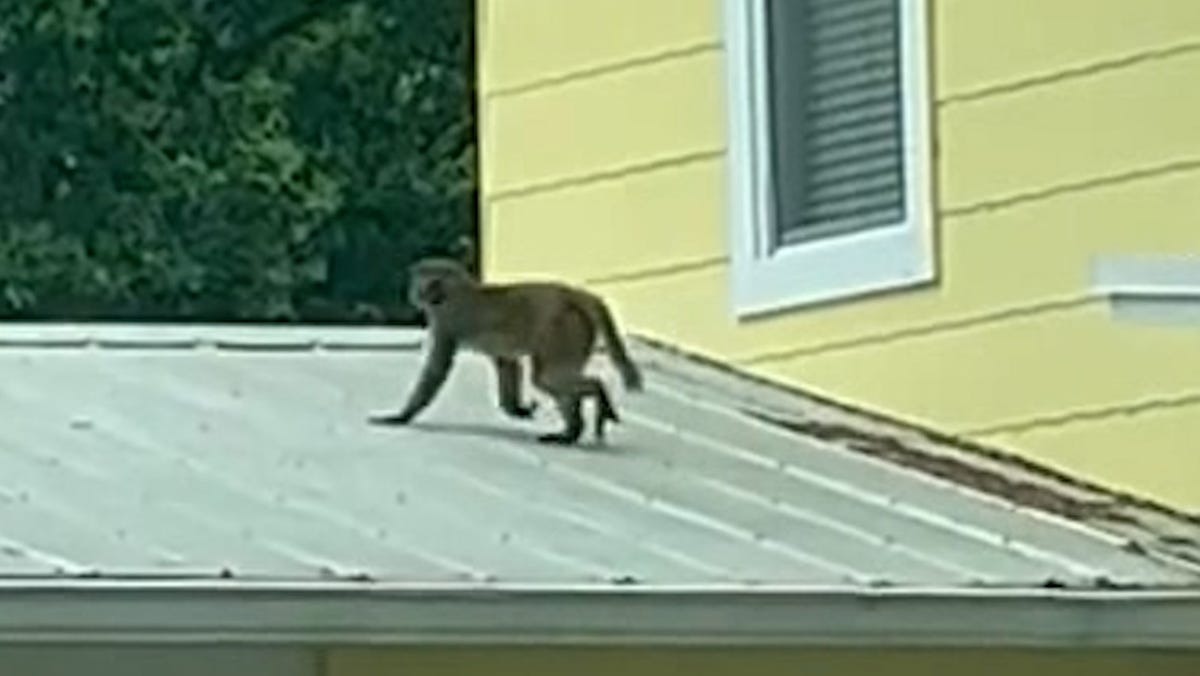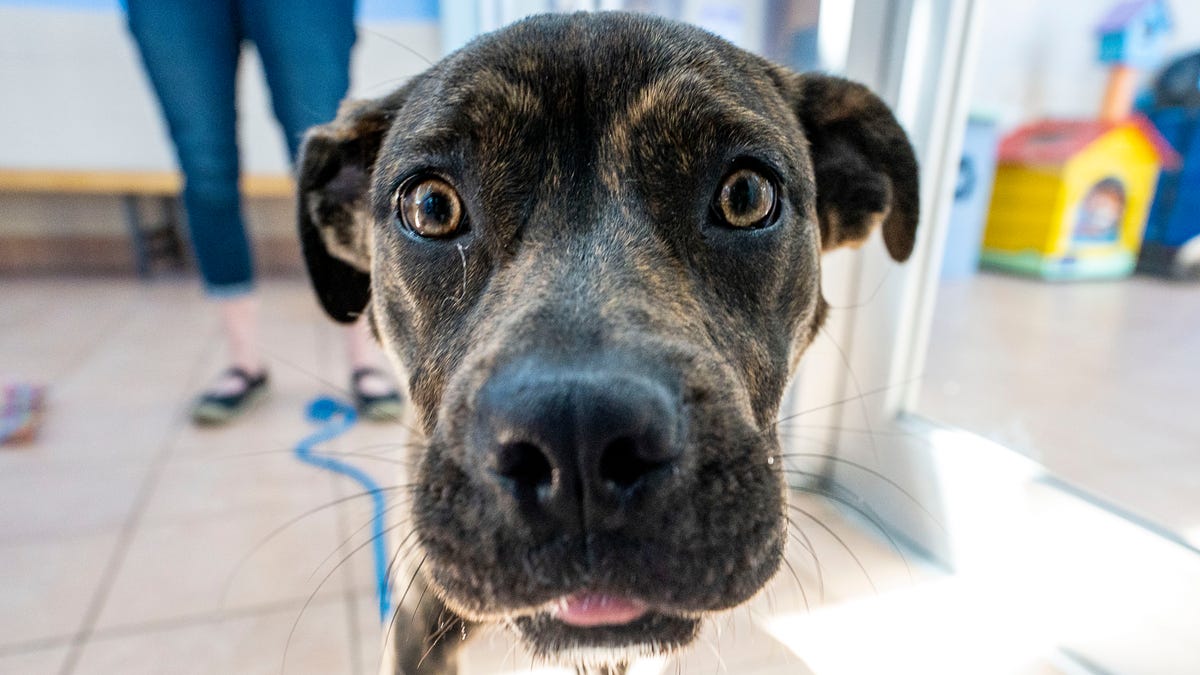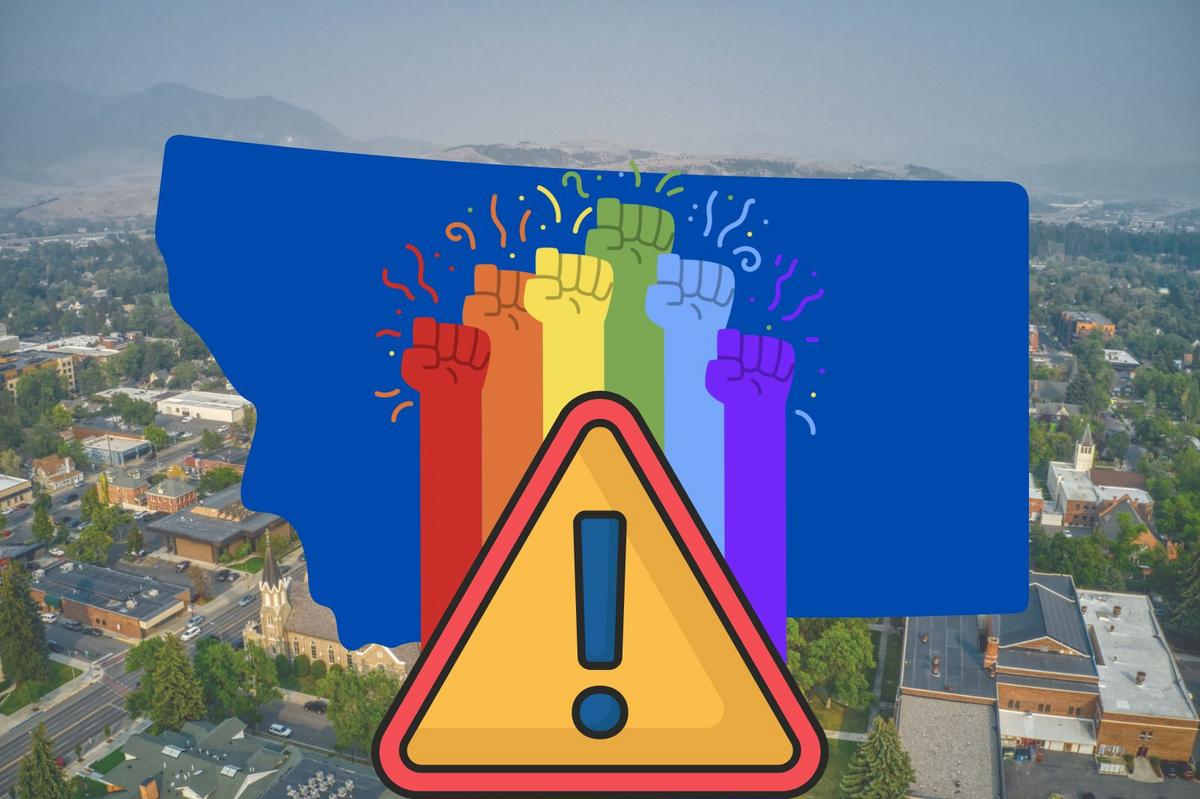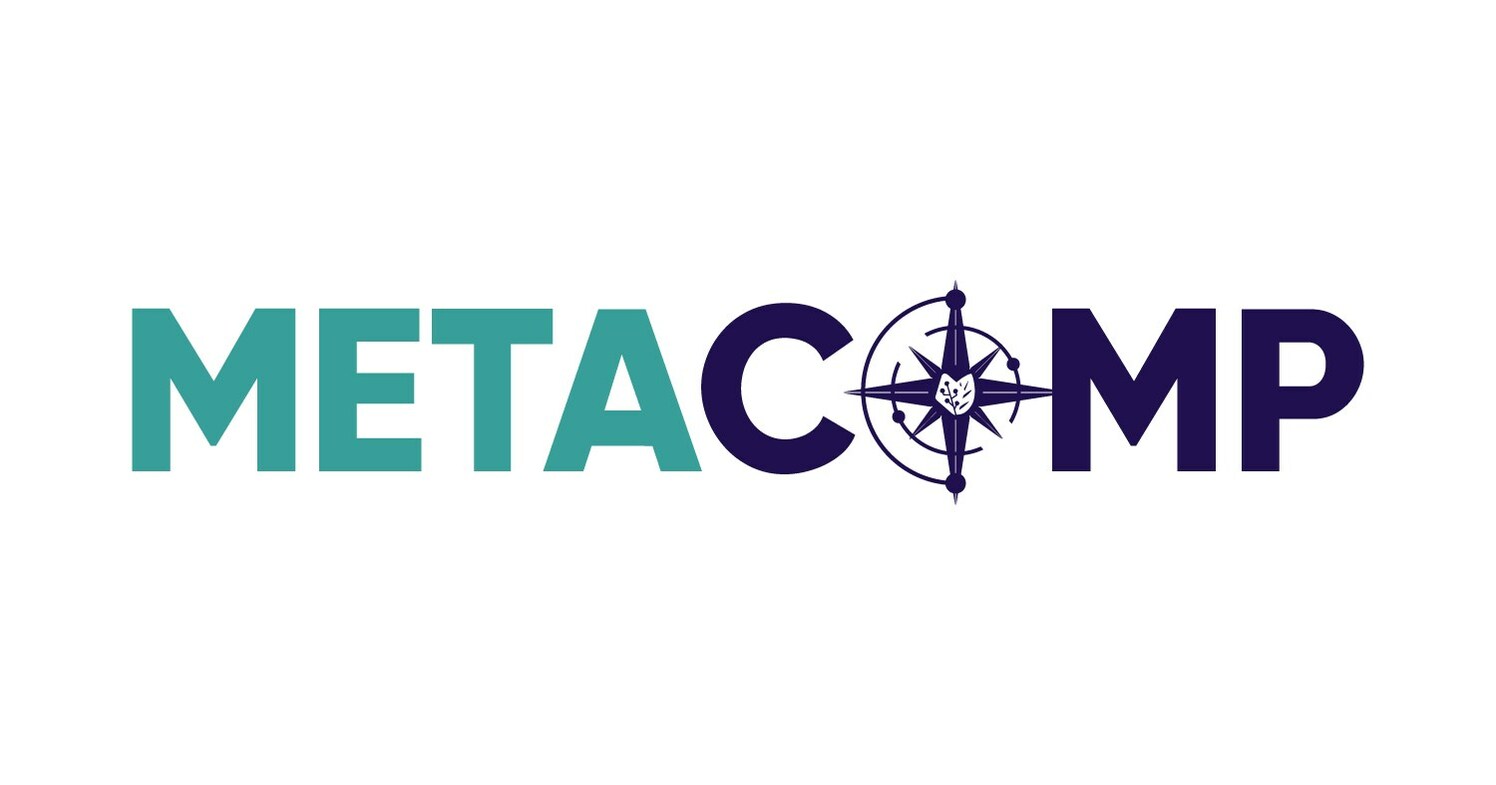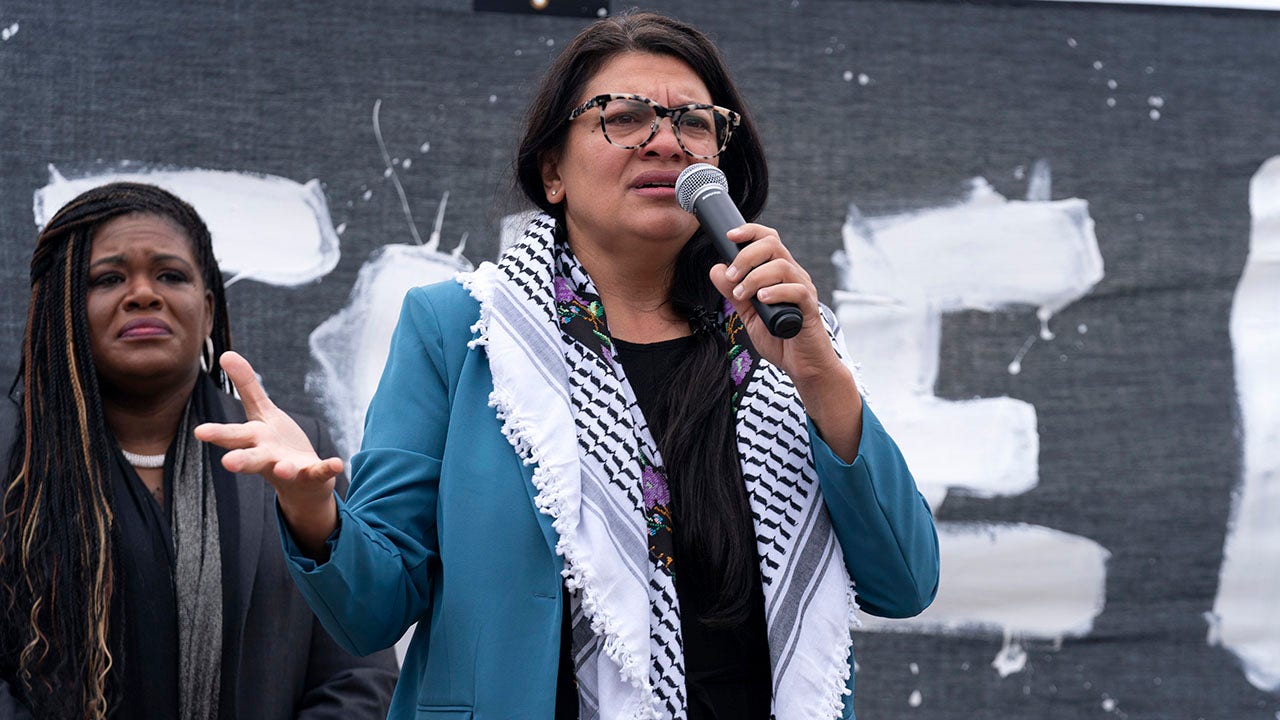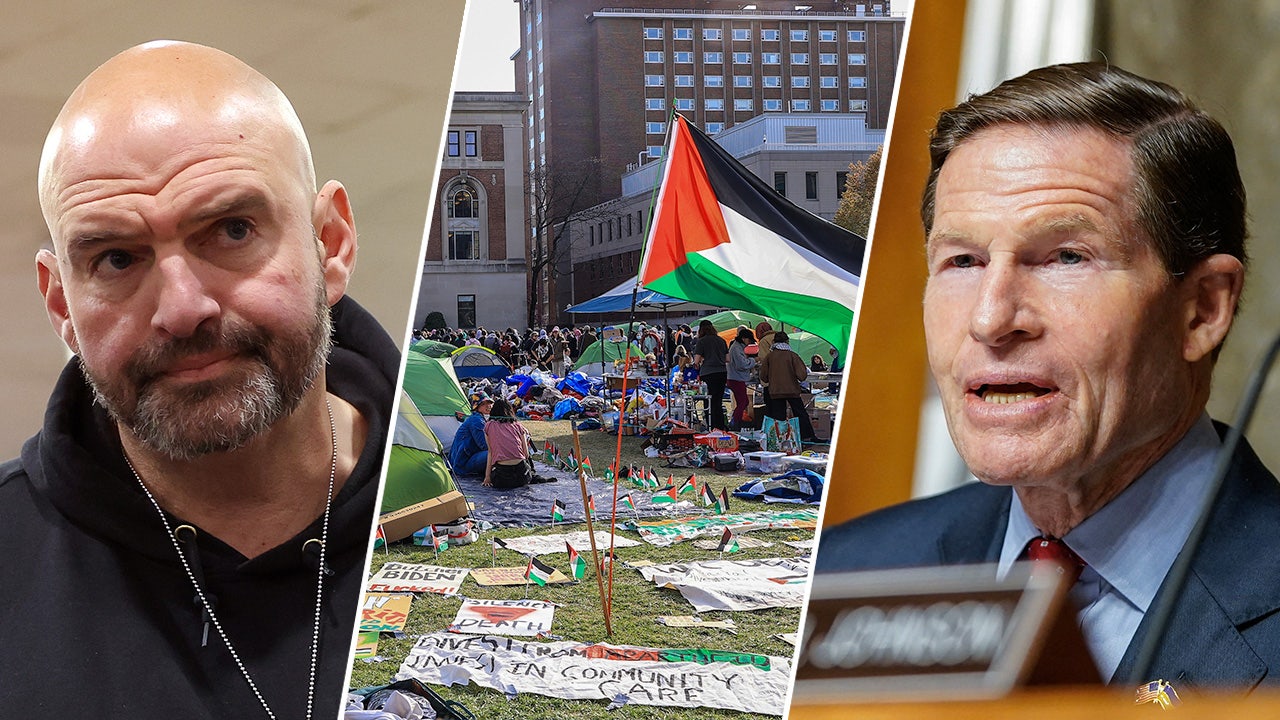Two decades ago, Jeff Beisecker and his family returned to Great Falls, Montana, from a religious mission to the Philippines. Beisecker had no health insurance and no steady source of income, and neither did his wife. Fearful of being without coverage, Beisecker enrolled himself, his wife and their four children in Medicaid for nearly a decade while he worked his way to a steady, full-time job.
Having the extra help made a difference for his family, recalled Beisecker, 53. “And people might have looked down on us. I don’t really care, because it was there to help us along the journey.”
For Beisecker, Medicaid coverage was a launching pad to stable work; now he helps others make that leap. As an employment and training coordinator for Opportunities Inc., a Great Falls-based nonprofit, Beisecker connects Montana Medicaid recipients to job training, career counseling, transportation and child care. Opportunities Inc. is one of several nonprofits that run a state-created voluntary program called the Health and Economic Livelihood Partnership Link, known as HELP-Link.
“When folks come in, we can meet with them and say, ‘Hey, maybe you can take this training that we can help pay for, and you can come out and start making 28 or 29 dollars an hour,” Beisecker said.
An increasing number of Republican-led states want to require Medicaid recipients to work, arguing that doing so will help them rise out of poverty. Democrats and health advocates note that most people on Medicaid already work either full time or part time. They argue that states shouldn’t deny health care coverage to people who don’t have jobs, especially since many face serious barriers to employment.
With HELP-Link, Montana might have found middle ground.
Holdout states consider expanding Medicaid — with work requirements
When Montanans enroll in Medicaid, nonprofit organizations such as Opportunities Inc., which receives state funding, can offer career guidance and job training from professionals like Beisecker. A key part of that process is identifying barriers to work — such as a lack of training, child care or transportation — and finding ways to overcome them.
“There are ways to support work without taking away people’s health coverage,” said Joan Alker, executive director of Georgetown University’s Center for Children and Families, which researches health care issues.
“Montana is the most concrete example of a work-support connection,” she said. “That’s one place to look to make sure people are connected to work supports and job training.”
Montana Republican state Rep. Edward Buttrey, who crafted the HELP-Link program with Democratic state Rep. Mary Caffero in 2015, said it adheres to GOP principles.
“Republican administrations typically want to ensure that if somebody’s getting a benefit from the taxpayers, that they’re earning it and in return providing a benefit back to the state and themselves,” Buttrey told Stateline. “I think that’s what this is about.”
Caffero said that in reaching a compromise, legislators “put the people of Montana above party politics.”
“We created our own majority,” she said, “and extremists were kind of out on a plank.”
Increasing interest
Medicaid is a program that provides health insurance for low-income people and is jointly run by states and the U.S. government. Any state that wants to add a work requirement to Medicaid must ask the federal government for permission.
Grassroots groups help Medicaid recipients regain lost coverage
The Biden administration has repeatedly turned down states’ requests to impose work requirements. It also has rescinded the approvals granted by its predecessor, which signed off on 13 of them. (Only one state, Arkansas, implemented its rule before courts blocked states from imposing them.) But with the election fast approaching, the prospect of a second Trump administration has prompted more GOP states to reconsider the idea.
That includes states such as Arkansas, Idaho and Louisiana that opted to expand Medicaid to more people under the Affordable Care Act, commonly known as Obamacare. It also includes states that are still debating whether to expand Medicaid under Obamacare, among them Kansas and Mississippi.
Georgia and South Carolina, neither of which has expanded Medicaid under the ACA, both have sought federal permission to include work requirements in partial expansions of Medicaid that are more limited than what is envisioned under Obamacare. Only Georgia, which is fighting the Biden administration in court, currently has a strict work rule for any of its Medicaid enrollees.
How it works
Montana, which expanded Medicaid during the Obama administration, in 2019 sought federal permission to apply work requirements to the roughly 100,000 adults who were newly eligible for the program. Under the proposal, beneficiaries would have had to work at least 80 hours each month, be looking for a job, or be doing volunteer work. There would have been exemptions for pregnancy, disabilities and mental illness.
In 2021, however, the Biden administration rejected Montana’s request. Buttrey told Stateline that if former President Donald Trump wins in November, it is likely that Montana will try again. But whatever the outcome of the election, the voluntary workforce training in HELP-Link has emerged as a possible compromise.
Beisecker said that Opportunities Inc. has been working with the Help-Link program for about a year and a half. The nonprofit has been able to help people do things such as get a commercial driver’s license, start a welding certificate program, take classes on medical coding, and join construction training programs.
When folks come in, we can meet with them and say, ‘Hey, maybe you can take this training that we can help pay for, and you can come out and start making 28 or 29 dollars an hour.
– Jeff Beisecker, employment and training coordinator for Opportunities Inc., a Montana nonprofit
The nonprofit also has a community resource center that can help Medicaid recipients get access to vouchers for food, laundry facilities and other needs.
“We get referrals from other nonprofits we work with,” Beisecker said. “We have flyers that we send out so people know about the program. We go to job fairs.”
According to data from the Montana Department of Labor and Industry, more than 2,200 people have participated in the HELP-Link program since its inception. Many have gone on to get jobs as registered nurses, dental hygienists, real estate agents and computer programmers, among many other professions.
HELP-Link has built relationships with large local employers such as manufacturers and health care providers, said Heather O’Loughlin, executive director of the Montana Budget & Policy Center, a nonprofit group that examines budget and tax issues. O’Loughlin said a dip in participation since 2021 is evidence that the program has moved many participants into stable jobs.
Caffero, the Democratic lawmaker, agreed.
“The program was doing exactly what we intended. People get jobs and jobs with benefits, jobs where they make a living wage, because they have education and training through HELP-Link,” she said. “That’s the goal. We don’t want the [Medicaid] rolls to go up.”
Buttrey noted that prior to the pandemic, Montanans stayed on Medicaid for an average of less than two years. “We’ve given people some job skills,” he said. “We’ve gotten them preventative care and help with addiction.”
Despite federal warnings, red and blue states aggressively cull Medicaid rolls
Robin Rudowitz, who oversees Medicaid research at KFF, a nonpartisan health research organization, praised Montana’s program for encouraging people to find a job — and get off government assistance — without denying them health care while they do it.
She contrasted HELP-Link with the strict work requirements Arkansas briefly had in place for Medicaid recipients during the Trump administration, before a federal court struck them down. Those rules knocked roughly 18,000 people off the rolls. “Arkansas was really the only state that actually implemented to the point of where individuals were disenrolled for failing to comply,” she said.
Rudowitz and other health experts also have been critical of Georgia’s Pathways to Coverage program, launched last summer, which extended Medicaid coverage to some low-income Georgians on the condition that they work or participate in another qualifying activity 80 hours each month. Under that program, which is not considered full expansion under Obamacare, 4,000 people have gained coverage, out of the roughly 350,000 who would qualify based on their income.
Georgia Republican Gov. Brian Kemp has defended the program and blamed the Biden administration for its slow start. The program is set to expire next fall, but several months ago, Georgia sued the federal government in a bid to extend it.
“It’s fiscally foolish, and anti-family,” Georgetown’s Alker said of the Georgia program. She noted that the state is leaving federal dollars on the table by eschewing a full-fledged expansion under Obamacare.
“It’s not been a pathway to coverage for anybody,” she said.

